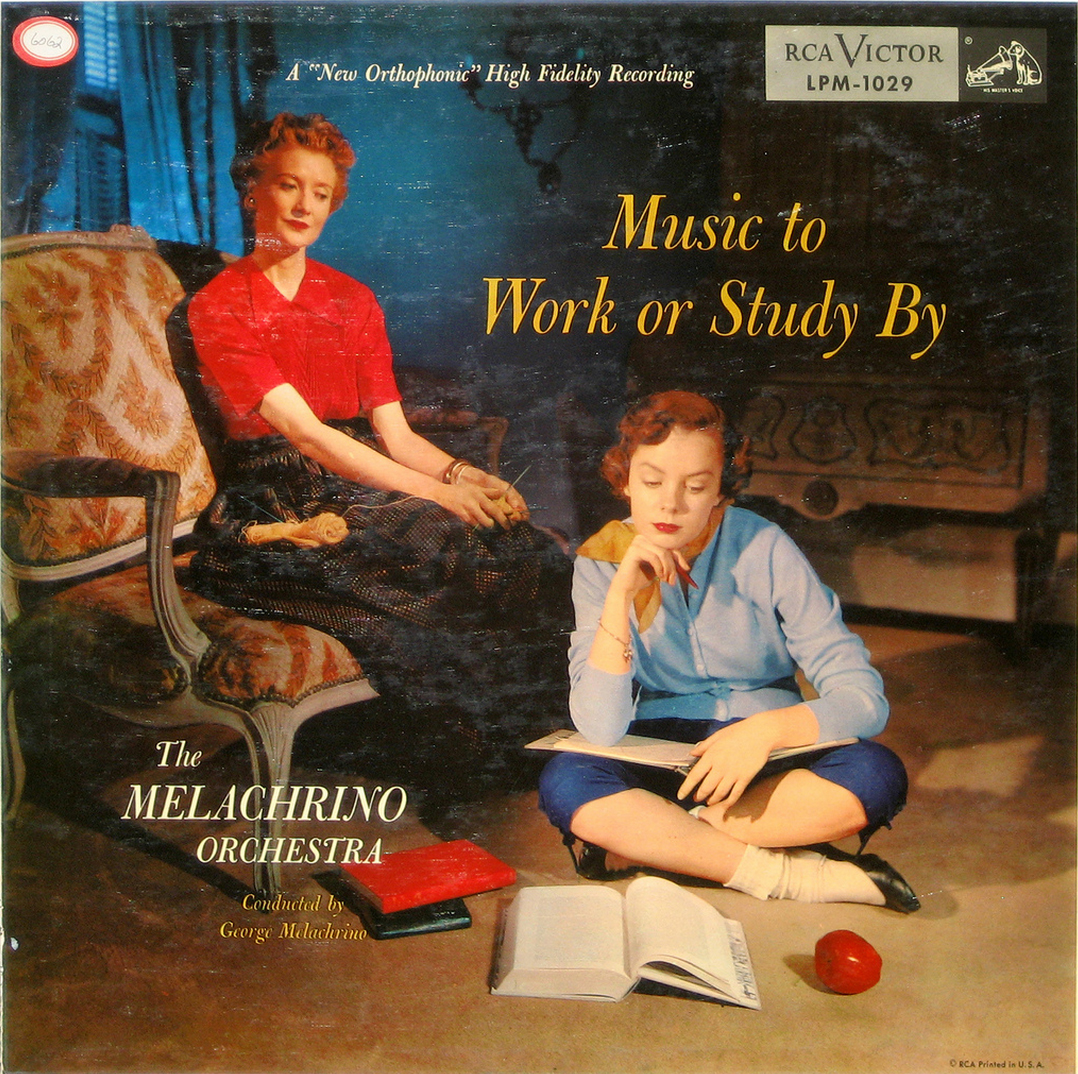We have yet to find someone who doesn't agree that at certain times listening to music can make you more productive. However, when you look at some of the large meta-analyses of research into the idea of music to work to, it gets a little more opaque.
More recent research indicates that what happens in these big studies is that the positive effects of listening to music are balanced out by the negative effects, leading the researchers to conclude that music to work to doesn't actually work.
Looking at the right variable
We recently came across a study from Dr. Amanda Krause who was intrigued by the idea of dominance and control over the auditory environment and the effect it would have on how people felt.
Using a technique called the experience sampling method (ESM,) she conducted a study where 177 participants were sent two text messages a day and were asked to complete online reports on their experience with music in the preceding two hours.
Her team initially focused on what devices people were listening to music on and found that when listening to music through the radio or recorded music in public (a low control environment,) people reported feelings of lethargy. However, when listening to music on mp3 players or through their computer speakers (a high control environment,) people reported contentment and further motivation to listen.
Control is everything
If you just looked at the data without separating the medium on which they experienced the music - you'd say there was a net zero benefit from listening. Which is clearly not the case for some of the people and leads us to wonder how many other variables are being missed in the music to work to literature.
For us the big takeaway from this initial study is that the development in the last decade of audio hardware combined with the digitization of music (mp3 players, iPods, Beats headphones etc,) has given people far more control over what they listen to. As a result, the concept of music to work to becomes more popular as it becomes more effective.
While we know that everyone is different and what works for one person might be anathema for another, if you need to get some writing done, maybe some research or any kind of knowledge work, you might try some music2work2 - it seems to work well for a lot of people.
You might also enjoy:






